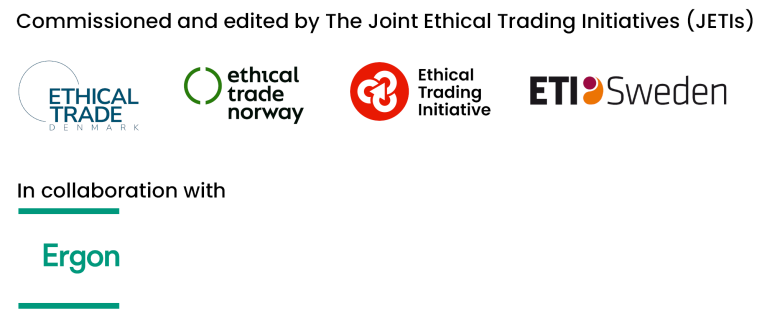
Business is increasingly operating in challenging contexts: from regions affected by conflict to those witnessing systematic and state-imposed violations of human rights.
In such contexts, implementing human rights due diligence (HRDD) and meeting the expectations on responsible business conduct (RBC) can prove more difficult, and sometimes impossible.
The objective is to illustrate how companies have decided to operate and adapt their HRDD processes in contexts where normal HRDD is not possible or not enough to protect human rights. It highlights practical approaches and tools and provides a range of examples useful to explore RBC in challenging contexts, as they are defined by the OHCHR.
This report provides practical examples of how companies operating in or sourcing from challenging contexts are managing human rights risks, in line with the UNGPs and the OECD guidelines. It contains an overview and introduction of key principles of responsible business conduct, case studies of company practices in a range of challenging contexts and an overview of useful resources. A special chapter on Ukraine is included, to provide insight into how conflicts affect the entire environment in which companies operate and the structures aimed at protecting workers’ rights. The analysis emphasises the role of local stakeholders to evaluate and adjust human rights due diligence processes.
The Joint ETIs are national multistakeholder initiatives bringing together companies, trade unions, civil society and the public sector to strengthen workers’ rights and the respect for human rights in global supply chains. They offer training, advice, resources and a platform for collaboration between members and stakeholders in all sectors.
